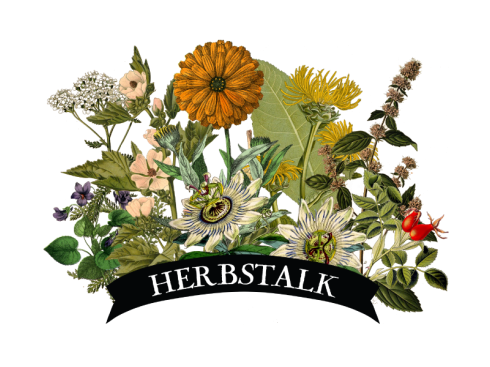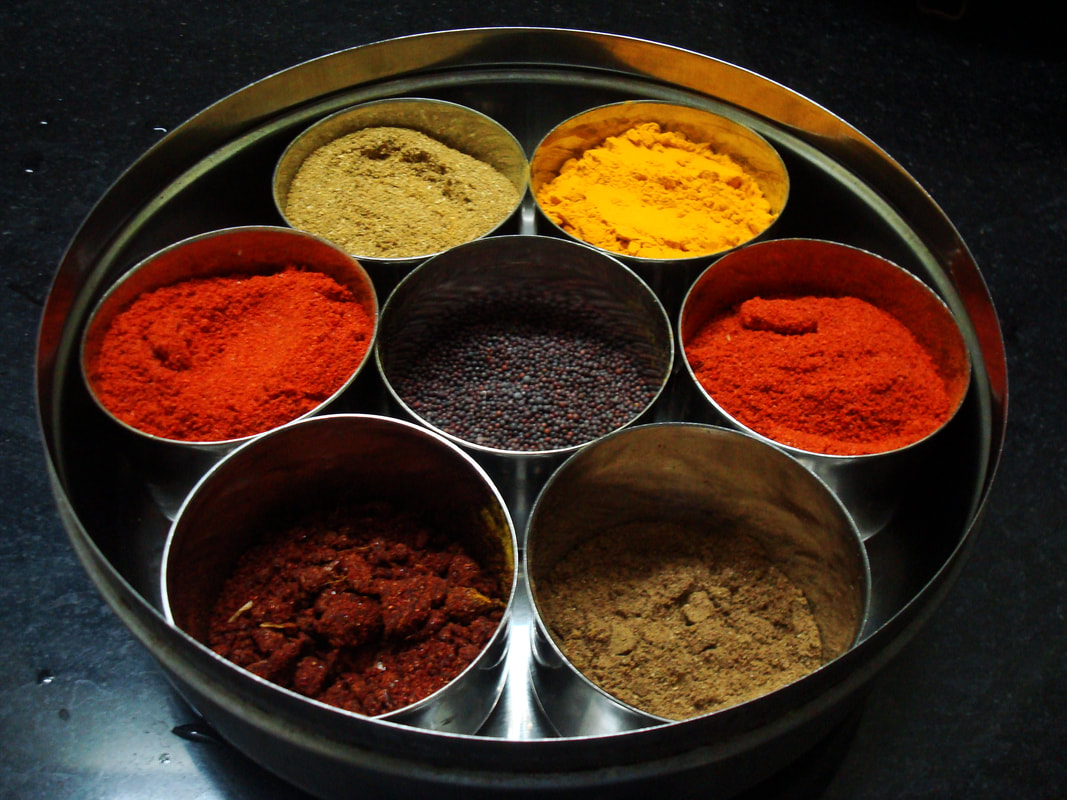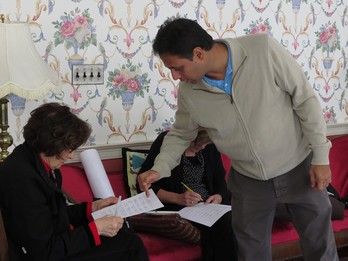|
<< a light-hearted interview featuring this year's Herbstalk teachers & vendors >> Can you tell us a little bit about how your herbal work began? How did you first get interested in plants or herbalism? My interest in health and wellness began with spirituality. Since my early 20s, I’ve been fascinated with spirituality and in my own spiritual growth. After working in corporate America for several years, I stumbled upon Ayurveda when a friend of mine asked me to take her Ayurveda program. I learned that Ayurveda talks about balancing the health of body, mind and soul and utilizes food as the main way to achieve that balance. I hadn’t previously thought of the body as being that vehicle to attain spiritual freedom. I started looking at my kitchen cabinet as not just a storehouse of food but also as a pharmacy. I started experimenting with these spices – every time my mom or other relatives had any health issues, I would look up solutions, talk to my mentors, and suggest kitchen remedies. They worked – not just for physical ailments but also to help calm the mind. What challenges did you face when you first started? At the beginning I had a lot to learn. I was an engineer in my previous career and I was switching to a completely different area in health and Ayurveda. The science was vast and I spent a lot of time trying to understand basic info – such as how does the human body work, learn Ayurvedic concepts and just try to get a feel for such a vast topic. If you could go back in time to meet yourself when you were just starting on the herbal path, what would you say? I would tell myself that it’s ok to not know, and I would tell myself that I should see more clients and let the learning happen in my practice. Because you can’t know everything -- your learning and experience develop in your practice. What is the main focus of your work within the realm of herbalism? Within herbalism, I focus a lot on spices and Indian herbs. I recommend different types of decoctions, teas, juices made from these spices. I also focus on how to use these spices and herbs in everyday food. I use these herbs not just in internal consumption but also for external application. Where do you see the future of herbalism going in the next few years? There is a lot of potential for herbalism. People are moving away from pharmaceuticals and towards natural remedies and solutions. In addition, if there is greater collaboration between herbalists and people in conventional medical science – it will not just bring different fields together but also greatly enhance people’s lives. So, I’m hopeful and excited. Do you have a favorite plant or two at the moment? I love ginger root – it’s an amazing herb/spice. I use it in my own cooking. I also use it as a paste, and I squeeze its juice and use it as a tea. It is very versatile and can help treat different conditions including inflammation in joints, indigestion and even to perk up someone’s energy. What’s one fun thing that most people don’t know about you? I like to dance. When the music starts – and sometimes I just turn on the music myself – I like to move (I probably wouldn’t qualify for any Broadway musical) but I enjoy getting in rhythm with the music. Thank you, Sriram!
You can view more about Sriram's work at his website, and can learn more about Ayurvedic herbs and spices at his Herbstalk class taking place on Sunday, June 3rd. Check out the full class schedule here! Comments are closed.
|
Archives
November 2023
Categories
All
|





 RSS Feed
RSS Feed